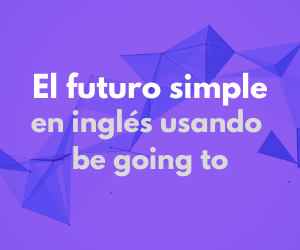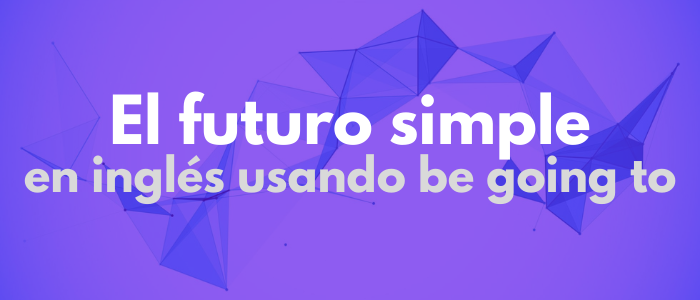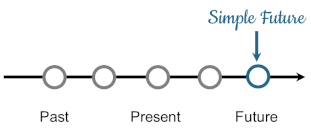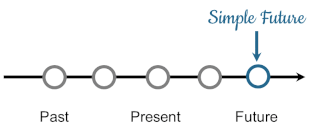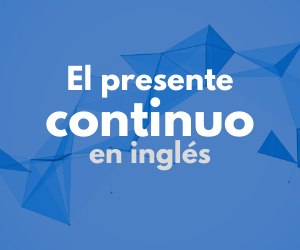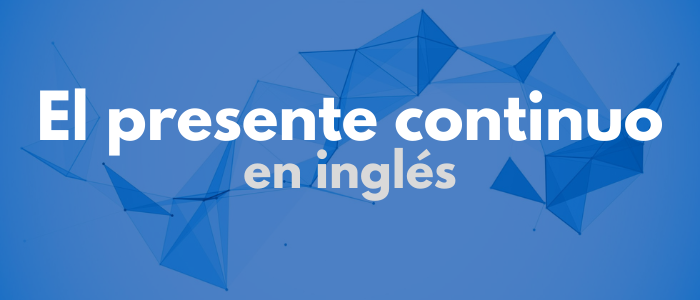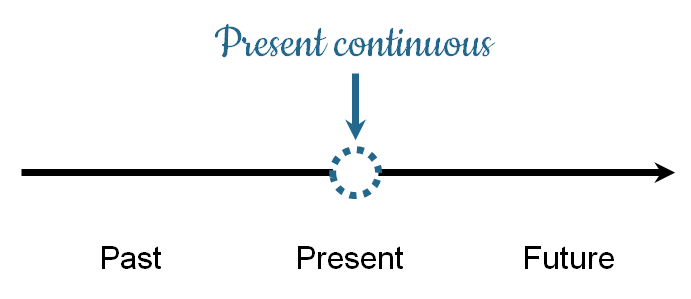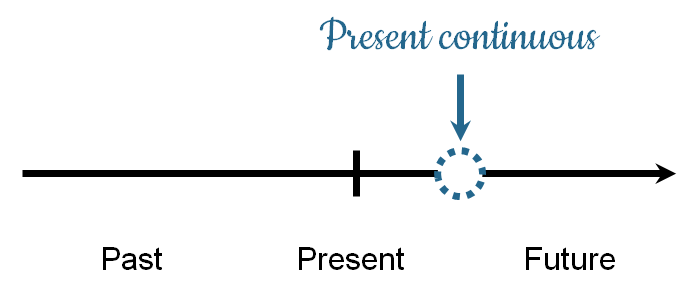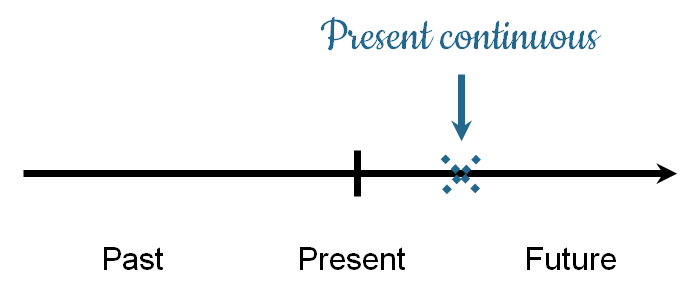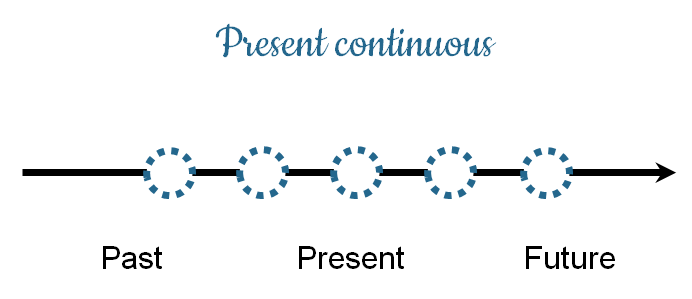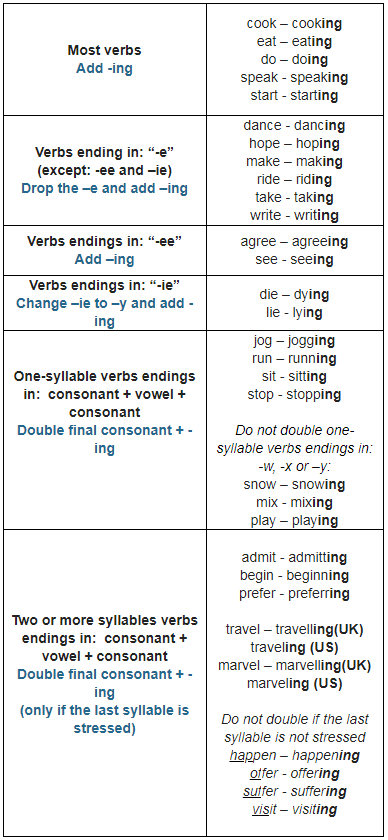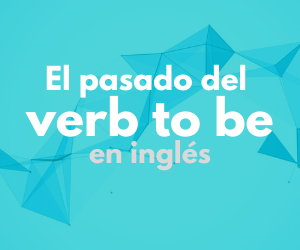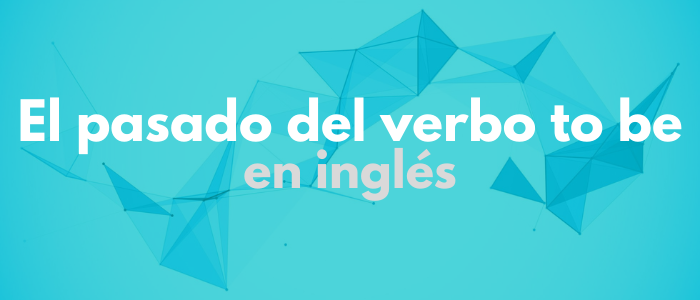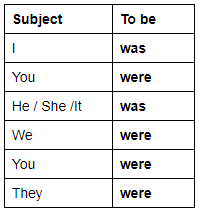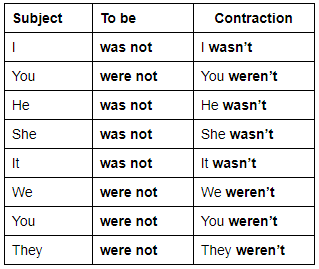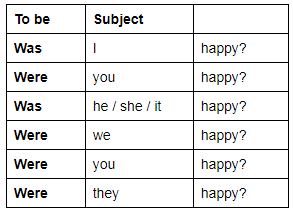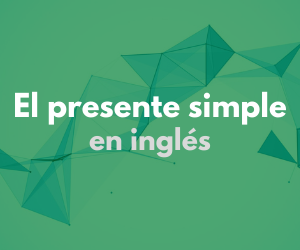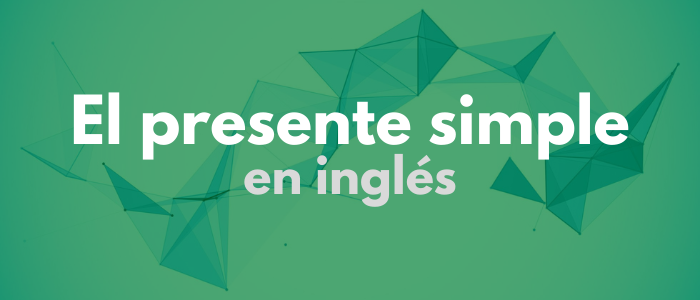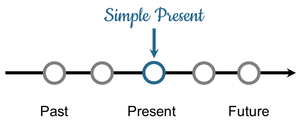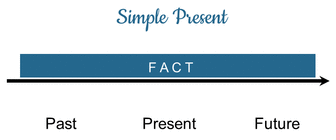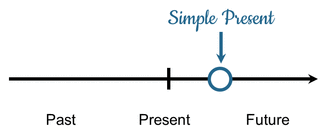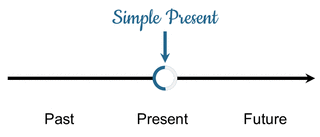Hablar sobre planes o intenciones futuras decididas antes del momento de hablar
- I'm going to spend my vacation in London next spring - Voy a pasar mis vacaciones en Londres la próxima primavera.
- She is going to buy a new dress for the party - Ella se va a comprar un vestido nuevo para la fiesta.
Hacer predicciones basadas en la evidencia actual (algo que podemos ver o escuchar)
- Look at those dark clouds, it's going to rain later - Mira esas nubes oscuras, va a llover más tarde.
- Those kids shouldn’t play with fire. They are going to hurt themselves - Esos niños no deberían jugar con fuego. Se van a lastimar.
- I'm going to work in a hospital when I leave school - Voy a trabajar en un hospital cuando salga de la escuela.
- He is going to arrive late - Él va a llegar tarde.
- She's going to look for a new place to live next month - Ella va a buscar un nuevo lugar para vivir el próximo mes.
- It's going to be difficult to get a job during the pandemic - Va a ser difícil conseguir un trabajo durante la pandemia.
- We are going to learn English - Vamos a aprender inglés.
- They're going to sell clothes - Ellas van a vender ropa.
- You are going to play as goalkeeper on Saturday - Vas a jugar de portero el sábado.
- I'm not going to swim at the beach. I feel sick. - No voy a nadar en la playa. Me siento enferma.
- Mrs. Lee is not going to cook rice tonight - La Sra. Lee no va a cocinar arroz esta noche.
- We are not going to do exercise. We are tired - No vamos a hacer ejercicio. Estamos cansados.
- I think they're not going to travel to Miami tomorrow - Creo que ellos no van a viajar a Miami mañana.
- Is she going to play volleyball after school? -Yes, she is/No, she is not. - ¿Va ella a jugar voleibol después de la escuela? -Si, yo si va/No, no va.
- Aren't they going to come to the party? - Yes, they are/No, they aren't - ¿No van a venir a la fiesta? Si, si van/No, no van.
Ejemplos:
- What am I going to tell them? - ¿Qué les voy a decir?
- Where is she going? - ¿A dónde va?
- Who are you going to invite to the party? - ¿A quién vas a invitar a la fiesta?
- When are they going to marry each other? - ¿Cuando se van a casar?
- Why is he going to be late? - ¿Por qué va a llegar tarde?
